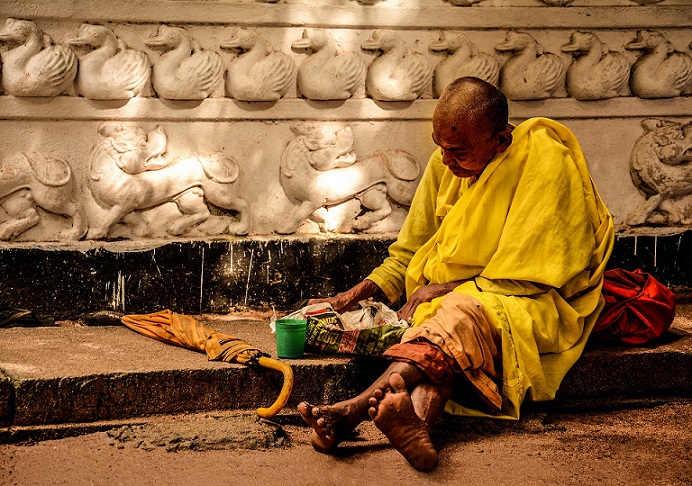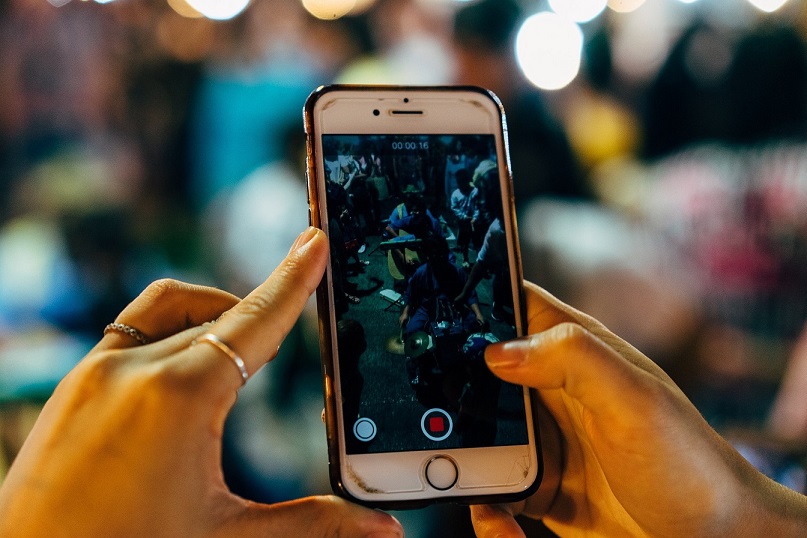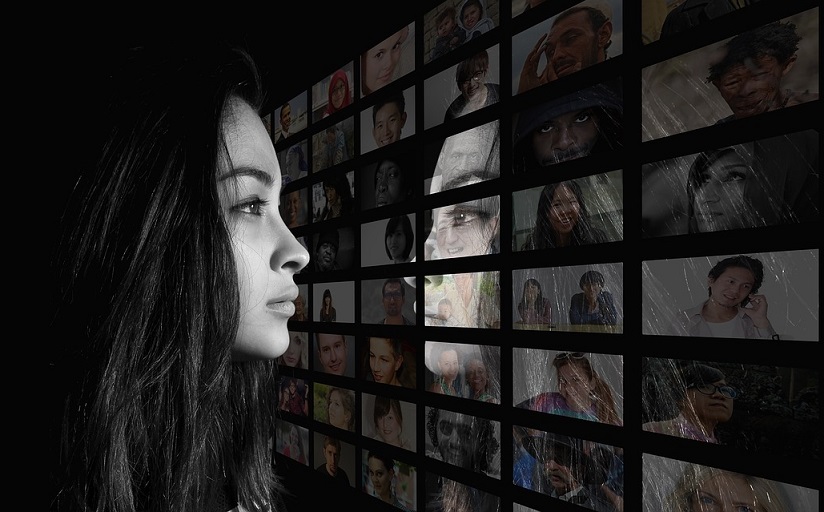But character changes, as action informs attitudes (and vice-versa) and a prosocial culture and consequent character is emergent.
.
In a western world premised on a culture of denial of differences, is a concept of ‘national character’ meaningful? Or a basis for harmful stereotyping? Can we learn anything constructive about differences, if, indeed, they exist?
Studies of neurogenesis and synaptogenesis (the life-long generation of new neurons and the connections between them) show that the brain changes in line with the social and educational environment. Learning is defined as whatever leads to long-term changes in behaviour, reflecting what is happening in the brain.
A ‘culture’ is a collection of individuals connected by common interests. Change these individuals in much the same way, and clearly the social and cultural environment will also be changed.
It seems plausible; therefore, that a cultural environment changes persons, possibly more or less permanently, certainly in deeply impacted ways. ‘Use it, or lose it!’ is basic to physical and neurological health, but is also very relevant to the constant repetition involved in a culture of ‘appropriate behaviour’.
 This begs the question: Is one culture (and ‘national character’ derived therefrom) ‘better’ than another? Some aspects of a culture can be measured scientifically and empirically.
This begs the question: Is one culture (and ‘national character’ derived therefrom) ‘better’ than another? Some aspects of a culture can be measured scientifically and empirically.
Why are Jamaicans among the world’s best at sprinting, given their small population?
There is undoubtedly a culture of positive value placed on sporting achievement, and specifically sprinting.
Similarly other nations and people groups exhibit outstanding achievements in specific fields, while others are (relatively) unsuccessful.
Perhaps the simplest of empirical measures is that of longevity, for it is here that values are worked out in a population as a whole. In this case it is the political and religious metanarrative that is all-important, as well as issues of national self-esteem, and social and cultural history. It is indeed true that such metanarratives—the unquestioned value system that over-arches a culture should be questioned, deconstructed, and culturally relativised in a open society.
How might this work in relation to both ‘character’ and ‘community’? Scott Peck suggests that true community is a ‘safe place’ where trust is fostered and achieved.
 But to get to this stage, a group has to pass through (1) pseudo-community (a polite following of appropriate social etiquette), (2) chaos (a stage where dissent and disagreement, and attempts to control other people reigns, (3) empathy (a stage where attempts at control are abandoned), (4) community (listening and empathy start to become prime values).
But to get to this stage, a group has to pass through (1) pseudo-community (a polite following of appropriate social etiquette), (2) chaos (a stage where dissent and disagreement, and attempts to control other people reigns, (3) empathy (a stage where attempts at control are abandoned), (4) community (listening and empathy start to become prime values).
This is an ideal. People are not ideal. Individualism and altruism and survival instincts war against each other. But character changes, as action informs attitudes (and vice-versa) and a prosocial culture and consequent character is emergent. Alas, people all too easily slip back into the easy mode of pseudo-community and usually never seem to progress beyond chaos and control, as ideologies constantly lock in destructive conflict.
Perhaps the best we can hope for, is to be like the grain of mustard seed, so small as to be undetected, but nonetheless is there, working for prosocial structural change in brains, minds, and societies?
(Photos: Pixabay)













.jpg)












